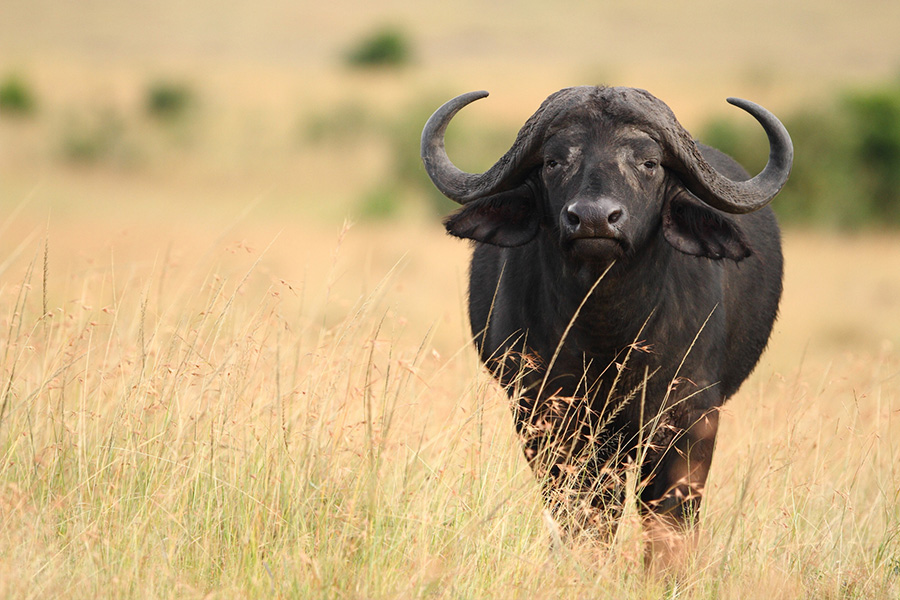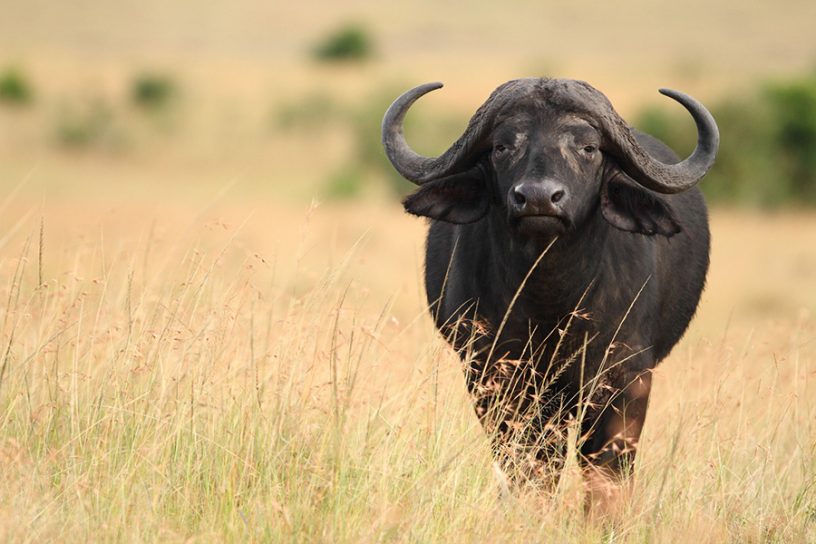
A 1 °C increase in temperature will lead to a 9.7% reduction in global beef production on average, finds the study.
Authors
Chisom L. Ubabukoh, Assistant Professor, Jindal Global Law School, O.P. Jindal Global University, Sonipat, Haryana, India.
Lotanna E. Emediegwu, Department of Economics, Policy and International Business, Manchester Metropolitan University, UK.
Summary
Attempts to analyze the effect of weather shocks on livestock production have been carried out using integrated assessment models (IAMs) or the cross-sectional (Ricardian) method. However, these methodologies are fraught with obvious shortcomings, such as omitted variable bias, amongst others.
This paper, therefore, re-examines the relationship between weather changes and global livestock production using an established econometric strategy that takes care of the pitfalls inherent in the conventional approaches. Using country-level data and a variety of specifications, we find that a 1 °C increase in temperature will lead to a 9.7% reduction in global beef production on average.
These adverse effects are amplified in hot, poor, and agriculture-dependent countries. Besides, we find that a marginal increase in annual precipitation would lead to a 2.1% increase in beef production in tropical countries but a 1.9% decrease in temperate ones.
Also, our forecasts show that climate change will reduce animal output by a further 20% in the mid-century and an additional 40% by the end of the century assuming no adaptation other than the degree of adaptation observed in the historical period.
Published in: Ecological Economics
To read the full article, please click here.


